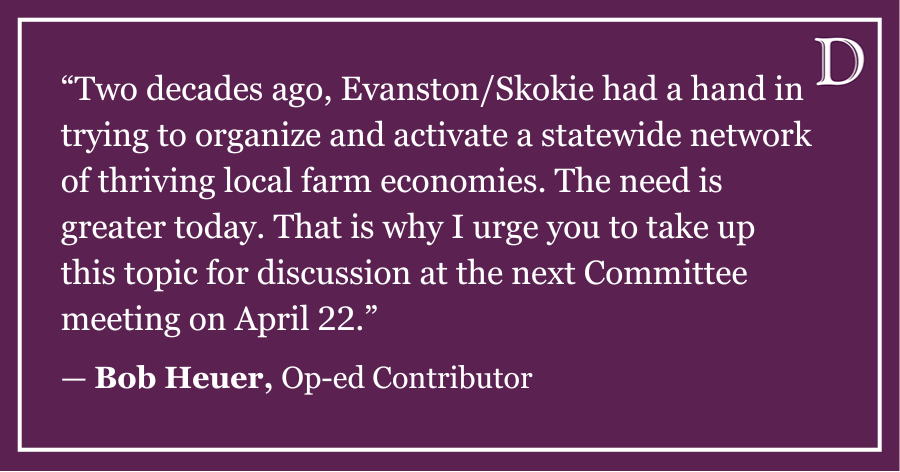We all had various plans when we came to Northwestern. Each and every one of us had different ideas of what college would be about. Some of us prioritized academics and studying, while others put social life first.
Regardless of what we thought we wanted out of college, we joined groups or started projects that we thought would help us make college what we wanted it to be.
So why do so many people complain about everything they’re involved in?
The key point of being involved in a group is that you must put a significant amount of time into it, especially if you hold a leadership position. Furthermore, if you hold a leadership position, more likely than not, you signed up for that position because you wanted to do it. You applied or ran for election knowing that you would have to put in the time to do work for that group, including those parts that you aren’t too fond of. You signed up knowing that you would still have schoolwork.
On that note, if you’re triple majoring with two minors and a concentration, don’t tell anyone who will listen — especially those you work with. They don’t care if you’re organizing the Olympics or deriving the next theory of relativity in your free time; they want you to fulfill the duties of your position without complaint.
No one is telling you to sign up for six classes. If you personally think that you need to have four majors on your diploma in order to be successful, that’s another issue related to your interpretation of the word “success.”
I did it, too. I came into college thinking that I needed to have several majors and backup careers. Like many students, I ended up changing my mind and my major umpteen times before I finally decided on one that I think I’m going to stick with. But it’s important to keep the big picture in mind when trying to decide what to major in. In the long run, your major won’t make or break your career aspirations. Even if you want to major in engineering or take pre-requisites for graduate school, this doesn’t mean you necessarily have to work in those fields upon graduation. Everyone defines success uniquely in their mind.
It’s easy to get wrapped up in the NU bubble and think that you need to join as many student groups and academic programs as possible. But in 20 years, you’ll be better off if during your time in college, you found a few things that you were passionate about and stuck with them.
This brings me back to why we complain about what we do on campus. If you aren’t enthusiastic about an activity that you are involved in, think about the reasons you joined and redevelop your interest in it. Or quit.
That may sound harsh, but it is an important point. Often, people whine about activities they’re involved in because they have too much on their plates. This is why it’s imperative to prioritize which activities mean the most to you and to quit a few if you’re only a part of them just for the sake of saying that you are.
It’s okay to talk about having a lot of work once in a while. We wouldn’t be NU students if we weren’t challenging ourselves. But once you overcommit yourself and begin to use it as an excuse to get out of fulfilling responsibilities that you committed yourself to uphold, we have a problem.
Notice when you’re complaining and try to figure out the cause of the issue. If you’re not getting anything out of an activity, whether it’s inner satisfaction or something tangible, stop putting time into it. You are not only wasting your time but also anyone else’s who has to listen to you whine about being overcommitted. It’s basic economics: If the costs outweigh the benefits, quit. And stop complaining.
Meera Patel is a McCormick junior. She can be reached at meera@u.northwestern.edu. If you want to respond publicly to this column, send a Letter to the Editor to opinion@dailynorthwestern.com.













